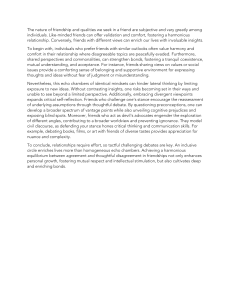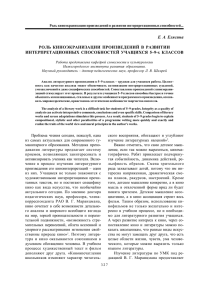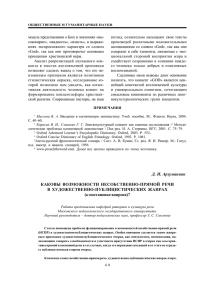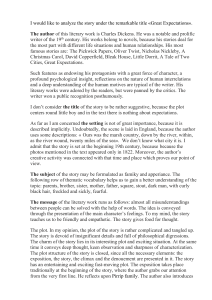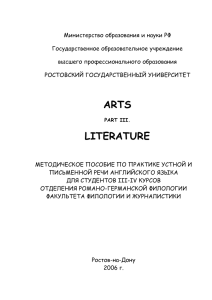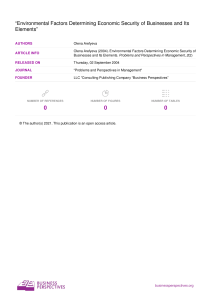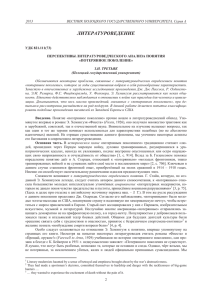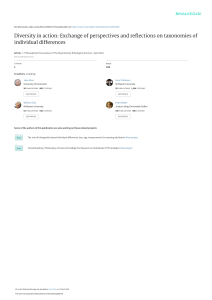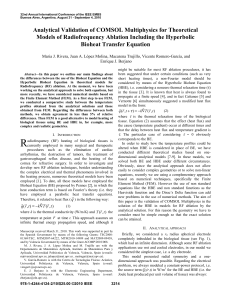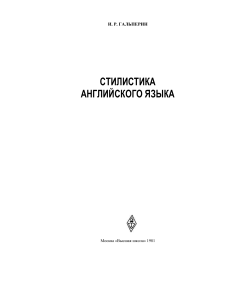Developement of critical thinking skills during high school literature lessons. Essay
реклама
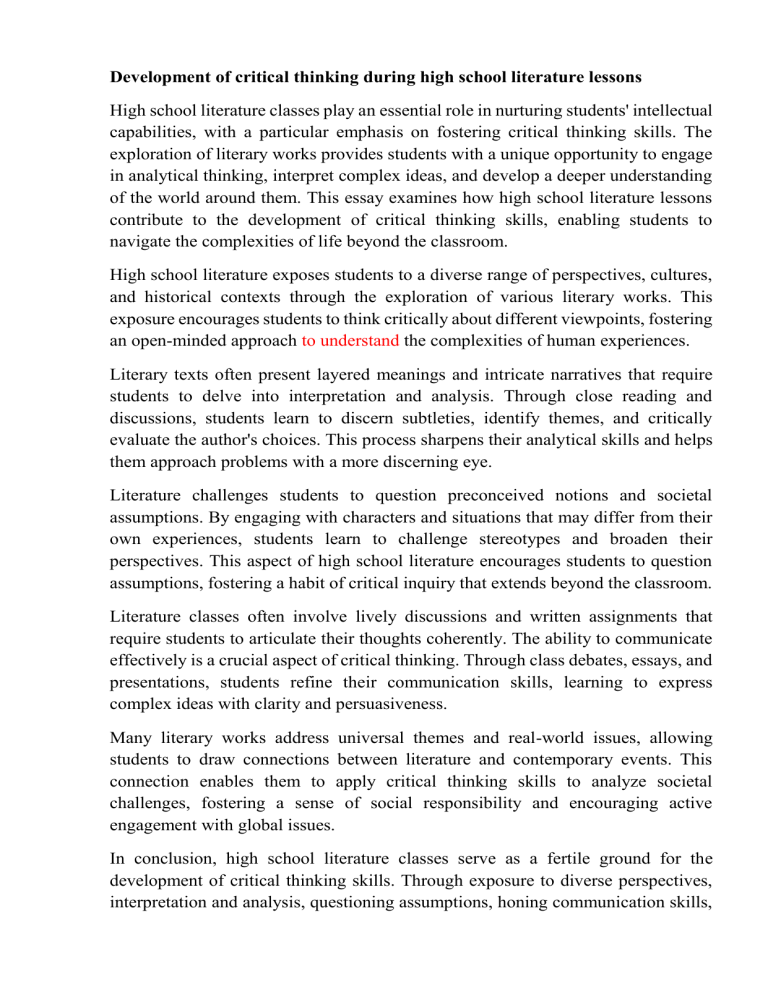
Development of critical thinking during high school literature lessons High school literature classes play an essential role in nurturing students' intellectual capabilities, with a particular emphasis on fostering critical thinking skills. The exploration of literary works provides students with a unique opportunity to engage in analytical thinking, interpret complex ideas, and develop a deeper understanding of the world around them. This essay examines how high school literature lessons contribute to the development of critical thinking skills, enabling students to navigate the complexities of life beyond the classroom. High school literature exposes students to a diverse range of perspectives, cultures, and historical contexts through the exploration of various literary works. This exposure encourages students to think critically about different viewpoints, fostering an open-minded approach to understand the complexities of human experiences. Literary texts often present layered meanings and intricate narratives that require students to delve into interpretation and analysis. Through close reading and discussions, students learn to discern subtleties, identify themes, and critically evaluate the author's choices. This process sharpens their analytical skills and helps them approach problems with a more discerning eye. Literature challenges students to question preconceived notions and societal assumptions. By engaging with characters and situations that may differ from their own experiences, students learn to challenge stereotypes and broaden their perspectives. This aspect of high school literature encourages students to question assumptions, fostering a habit of critical inquiry that extends beyond the classroom. Literature classes often involve lively discussions and written assignments that require students to articulate their thoughts coherently. The ability to communicate effectively is a crucial aspect of critical thinking. Through class debates, essays, and presentations, students refine their communication skills, learning to express complex ideas with clarity and persuasiveness. Many literary works address universal themes and real-world issues, allowing students to draw connections between literature and contemporary events. This connection enables them to apply critical thinking skills to analyze societal challenges, fostering a sense of social responsibility and encouraging active engagement with global issues. In conclusion, high school literature classes serve as a fertile ground for the development of critical thinking skills. Through exposure to diverse perspectives, interpretation and analysis, questioning assumptions, honing communication skills, and connecting literature to real-world issues, students acquire a toolkit for navigating the complexities of the modern world. The skills cultivated in literature classes extend far beyond the realm of literature itself, preparing students to approach challenges with analytical acumen and fostering a lifelong commitment to critical inquiry. As high school students engage with the rich tapestry of literary works, they not only deepen their understanding of literature but also emerge as critical thinkers ready to face the complexities of the twenty-first century.
